EU call to action by CECE
11 February 2019
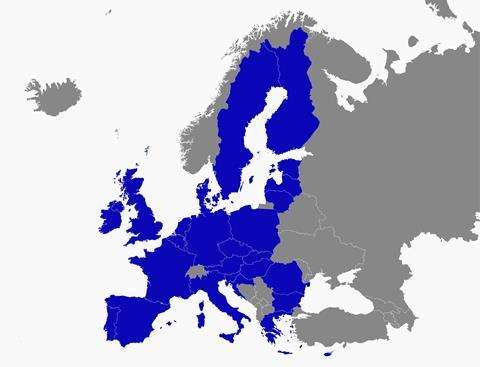
The appointment of a vice president for industry within the European Commission is one of the key demands in a manifesto produced by CECE (Committee for European Construction Equipment) ahead of the European elections this year.
With elections for the European Parliament being held at the end of May 2019, CECE is calling on the European parties, all candidates and future MEPs to support a majority coalition mandate to the European Commission only if industry is shortlisted as a top-five priority in its political programme.
The Road to 2024 – a CECE Manifesto for the EU Legislative Term was launched at an event in Brussels, Belgium, and the association called for fair competition, reciprocity and openness.
CECE president Enrico Prandini pointed out that the invisibility of construction could be a problem, saying that it was sometimes a ghost industry, although it was a part of everyday life, the economy and the wider industry.
He said, “Pursuing our fundamental goals of raising awareness of our industry and value chain, CECE launches a call to action for the European Elections of May 2019 to ensure that industry and manufacturing are at the heart of EU policymaking during the 2019 to 2024 legislature.”
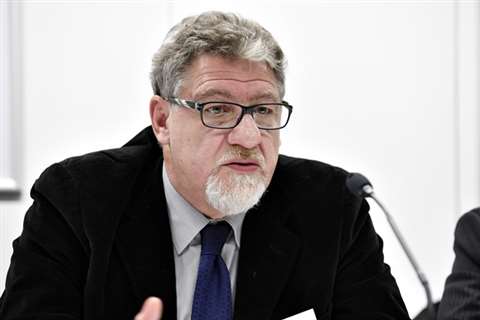
CECE said this call to action focused on the EU Single Market, environmental sustainability, international trade and digital transformation.
It said the European construction equipment industry was one of the key industries for competitiveness and for future economic growth. With an overall employment of 300,000 and about 1,200 companies, it was said to contribute to all fundamental building and construction projects that “provide Europeans with enjoyable places to live, work and thrive”.
To keep this competitiveness, it added, the sector needed a solid institutional setup from the EU side to champion and defend principles like fair competition, reciprocity and openness on the global stage.
Long-term vision
As well as the appointment of a vice president for industry, CECE said its call to action was being complemented by other “concrete measures”, including outlining a “new and ambitious” long-term vision to feed a newly-drafted EU industrial strategy, and the creation of a European Parliamentary intergroup on sustainable industrial competitiveness to accompany the work of the commission and gather relevant stakeholders from across all areas and interests.
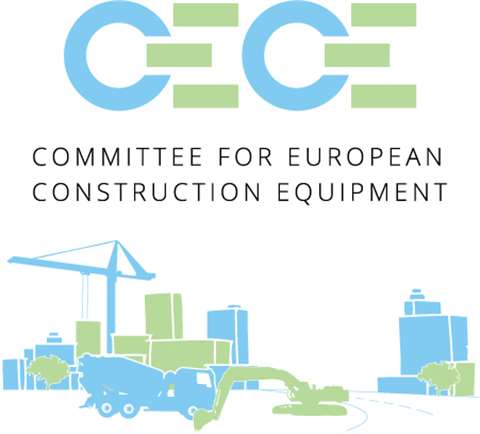
It described the Internal Market as “an EU success story” and called on the 2019 to 2024 European legislature swiftly to propose and adopt a legislative text for EU harmonised road circulation requirements for non-road mobile machinery such as construction equipment.
It also called for a rethink on market surveillance, saying it was key to reconcile the discrepancy between an EU Single Market and strictly national market surveillance competences and responsibilities.
Among the issues for environmental stability, CECE said it wanted harmonised and co-ordinated implementation of low emission zones (LEZ) in European urban areas, with the adoption of LEZ schemes in line with the EU engine emission stages legislation.
International trade
With regard to international trade, CECE said it wanted the new legislature to champion global trade and openness by furthering the current system of multi- and bi-lateral trade agreements.
It would also like to see a de-escalation in tensions concerning tariff wars, and the imposition of retaliatory or restrictive measures only after careful consideration of all the European industry sectors involved.
In the field of digitalisation, CECE said it fully supported the EU focus on supporting the digital transformation of industry and the proposal to create a proper Digital Europe Programme within the next Multiannual Financial Framework.
It said that the EU must take the political lead on digital construction by prioritising the construction industry within the Digital Europe Programme.
Speaking at the manifesto event in Brussels, Fulvia Raffaelli, head of unit for Clean Technologies & Products, DG GROW (the Directorate General for Internal Market, Industry, Entrepreneurship and SMEs), said she supported CECE’s vision of the construction value chain working together with the European Commission towards the common goal of developing the full construction sector.
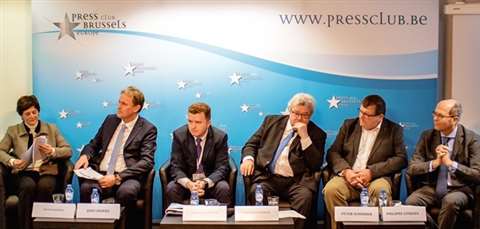
Raffaelli also expressed interest in the idea of appointing a Commission vice president for industry within the next mandate.
Jens Gieseke from the European People’s Party, the first of two MEPs to speak at the CECE event, said he agreed that industry should raise the ambition for a new EU industrial agenda, a process in which CECE wants to be an active player.
Referring to Prandini’s earlier comment about the industry’s invisibility, Gieseke said that it was not a ghost, and congratulated CECE for being prepared for the elections by producing the manifesto.
He said that if US President Donald Trump was promoting an “America First” strategy, “then we have to have an answer. What is missing is openness.”
He said a European strategy was needed if Europe was going to compete with countries such as China.
‘More ambitious’
Reinhard Bütikofer, an MEP with the European Green Party, said a “new and more ambitious” industrial policy was needed.
He argued that in order to stay competitive on the global stage, the European industry had to become sustainable.
Both MEPs agreed that it was not the time for national industrial policies and strategies, since any European country alone could not stand up to Chinese or American competition.
This point was picked up by Peter Scherrer, deputy secretary general of the European Trade Union Confederation, who said he agreed that no single country could achieve what was necessary to compete with the likes of China, and he called for an overall strategy.
With CECE strongly advocating that industry and manufacturing should become a top priority in the next EU legislative term, the need for a strategic approach towards an ambitious industrial policy was confirmed by Scherrer.
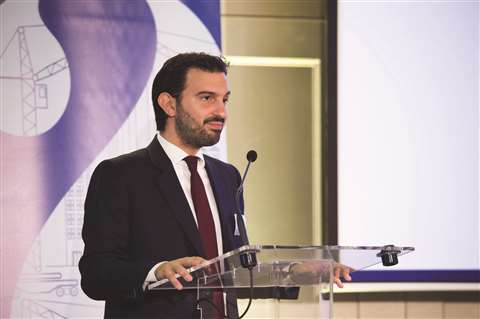
Constantin Apostol, Minister Plenipotentiary, Permanent Representation of Romania to the EU, presented the main priorities for the Romanian Presidency of the European Council.
Mainstreaming industrial competitiveness, which was manifested in CECE’s call to action, was confirmed by the commitment from Apostol to work towards a competitive, open and fair European market.
Philippe Citroën is director general of UNIFE (the association of the European rail industry), and co-ordinator of the Industry4Europe coalition, which is made up of organisations dedicated to campaigning for an ambitious EU industrial strategy.
Citroën said he firmly believed that the challenges for the EU industry over the next five years would be crucial and could only be tackled with a joint effort between industry and EU institutions.
CECE secretary general Riccardo Viaggi said that the launch of CECE’s Manifesto was only the start of the long and important work ahead of CECE in the run up to the European elections.
He told the audience that the next steps in terms of CECE’s preparation for the elections in May 2019, would be at Bauma, in Munich, Germany, in April. He said that CECE would continue this political dialogue at the biggest trade fair for construction equipment in the world.




